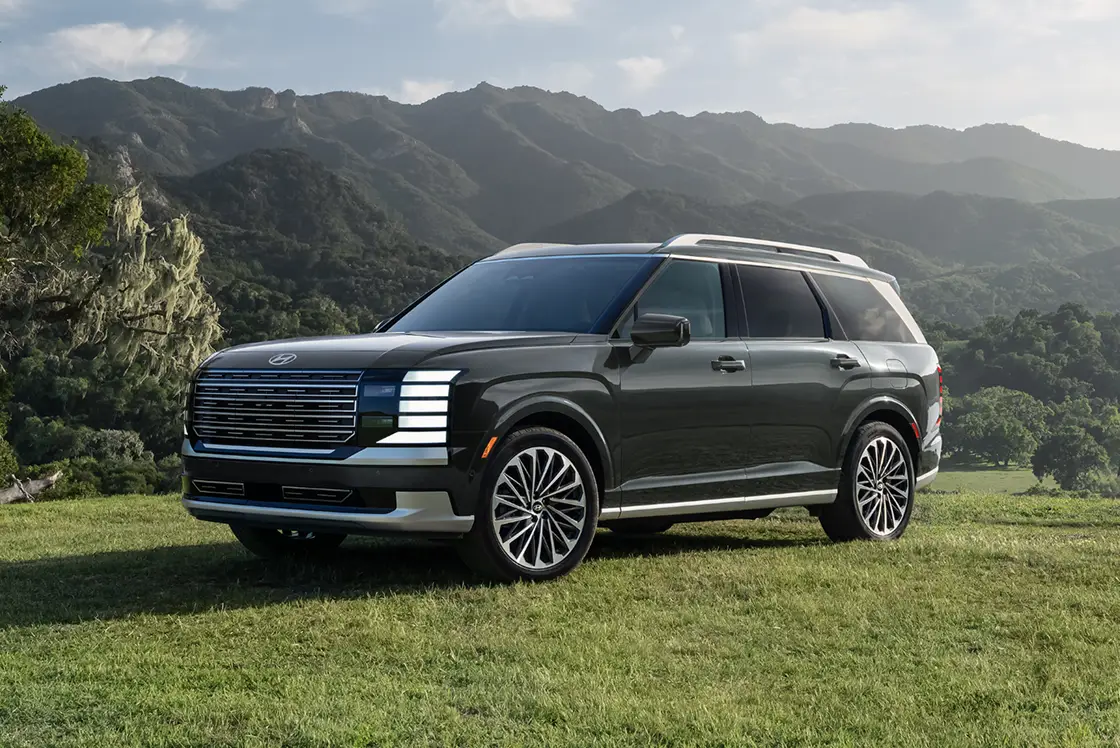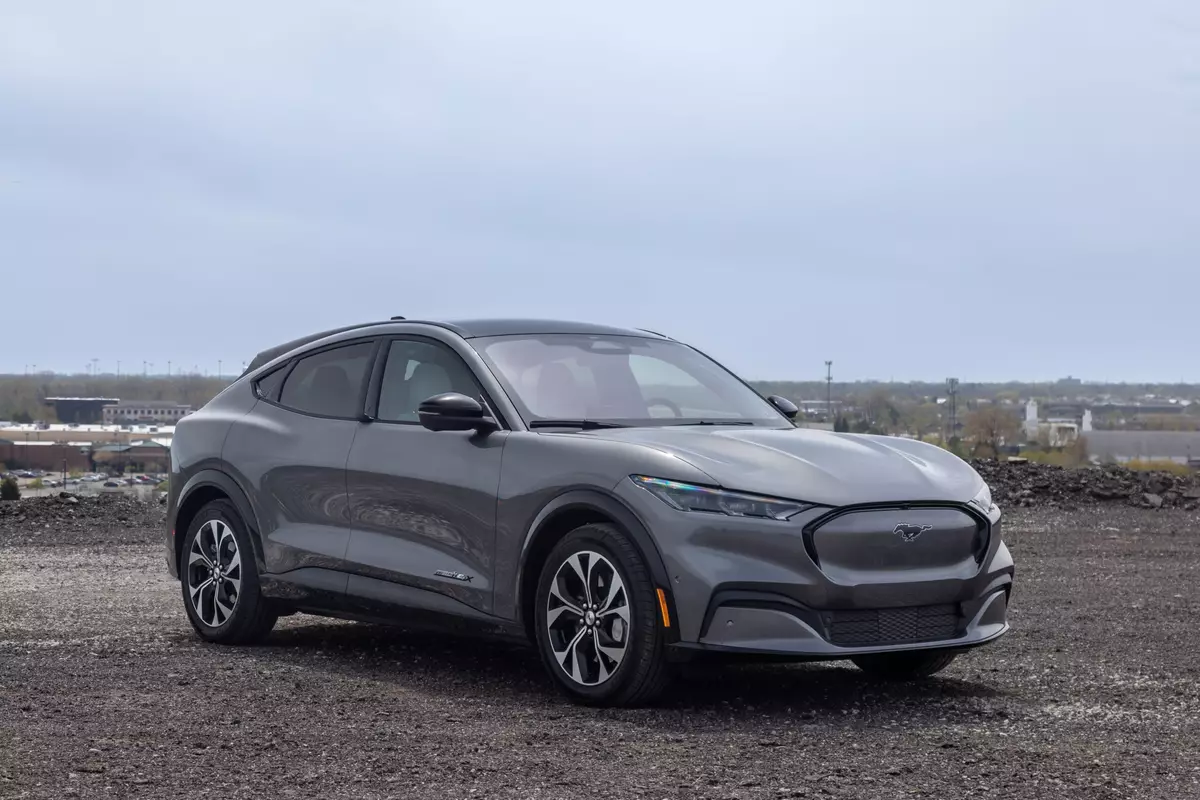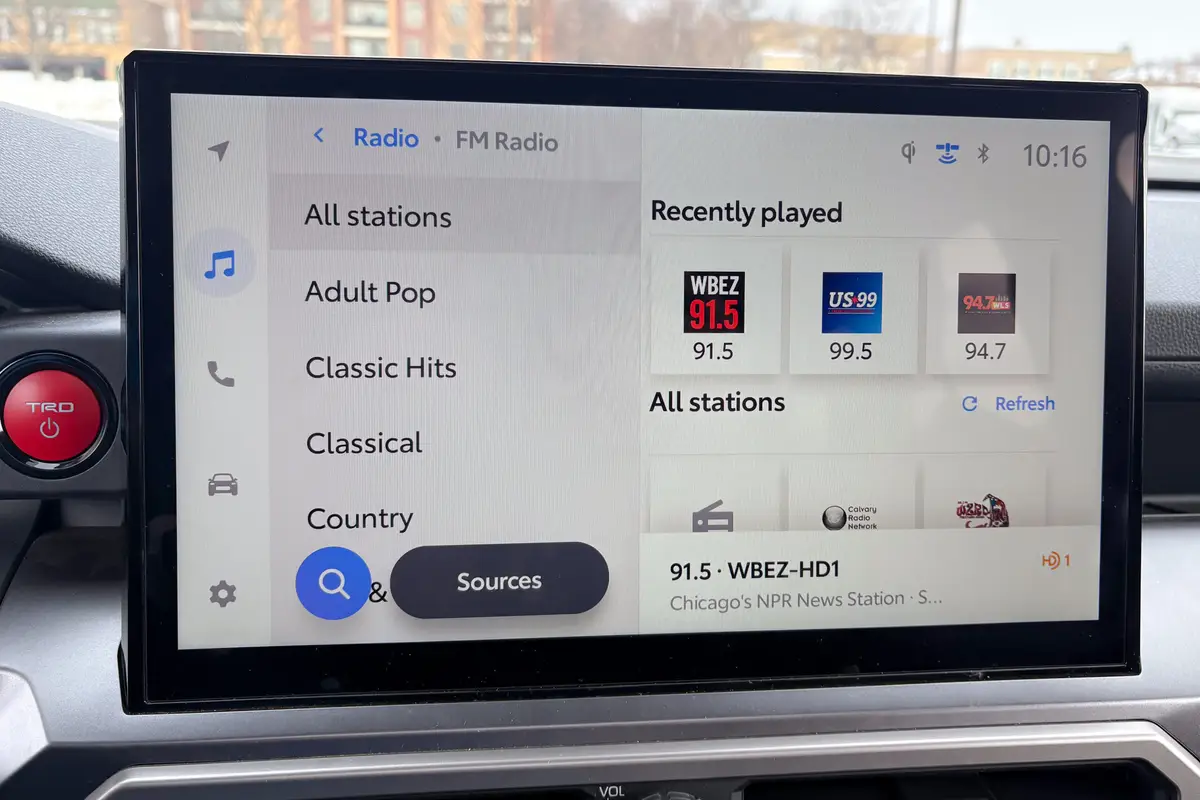Kia Tops J.D. Power Initial Quality Study Again


CARS.COM — Hyundai-Kia fared well in J.D. Power and Associates’ influential Initial Quality Study for the 2017 model year. Kia led dozens of brands in initial quality on J.D. Power’s industrywide ranking for the second year in a row, the firm announced today. Hyundai’s Genesis luxury brand ranked second, while the Hyundai brand itself tied for sixth.
Related: Toyota Camry Most Dependable After Three Years: J.D. Power
New-vehicle quality, as determined by problems owners experienced in the first 90 days of ownership, improved 8 percent from 2016 to 2017, reaching its highest level ever, according to J.D. Power. Quality improved in seven out of eight categories and for 27 out of 32 brands.
Notably, J.D. Power’s category for dashboard electronics — audio, communication, entertainment and navigation, or ACEN — is still a relative minefield for problems, but the firm says automakers are improving even there. ACEN remains the single area where owners experience the most problems, but it’s down to 22.8 problems per 100 vehicles (PP100, in J.D. Power parlance) for 2017. A year ago, owners experienced 25.5 problems per 100 vehicles in this area.
Hyundai-Kia Leads the Pack
Kia’s 72 PP100 was the industry’s lowest rate. Genesis came second with 77 PP100, followed by Porsche (78), Ford and Ram (both tied at 86), and BMW, Chevrolet and Hyundai (tied at 88). At the other end were Fiat (163), Jaguar (148), Volvo (134), Mitsubishi and Land Rover (131 apiece). Last year’s IQS stinker, Smart, wasn’t ranked because of low sample size, however.
Among the movers and shakers, Mini improved from a 27th-place tie in the 2016 study to 12th place for 2017. Infiniti tumbled from a 12th-place tie last year to a 23rd-place tie this year. And Toyota went from fourth in 2016 to a 13th-place tie in 2017.
Here’s IQS’ 32-brand ranking from the 2017 study:
- Kia: 72 problems per 100 vehicles
- Genesis: 77
- Porsche: 78
- Ford: 86
- Ram: 86
- BMW: 88
- Chevrolet: 88
- Hyundai: 88
- Lincoln: 92
- Nissan: 93
- Volkswagen: 93
- Mini: 94
- Buick: 95
- Toyota: 95
- Industry average: 97
- Lexus: 98
- GMC: 99
- Chrysler: 102
- Mercedes-Benz: 102
- Acura: 103
- Cadillac: 105
- Honda: 105
- Dodge: 106
- Infiniti: 107
- Jeep: 107
- Subaru: 113
- Audi: 115
- Mazda: 125
- Land Rover: 131
- Mitsubishi: 131
- Volvo: 134
- Jaguar: 148
- Fiat: 163
Winners by IQS segments:
- Small Car: Chevrolet Sonic
- Small Premium Car: BMW 2 Series
- Compact Car: Kia Forte
- Compact Sporty Car: Mini Cooper
- Compact MPV: Kia Soul
- Compact Premium Car: BMW 4 Series
- Mid-size Car: Toyota Camry
- Mid-size Sporty Car: Ford Mustang
- Minivan: Chrysler Pacifica
- Mid-size Premium Car: Lexus GS
- Mid-size Premium Sporty Car: Porsche 911
- Large Car: Kia Cadenza
- Small SUV: Kia Niro
- Small Premium SUV: Mercedes-Benz GLA-Class
- Compact SUV: GMC Terrain
- Compact Premium SUV: Porsche Macan
- Mid-size SUV: Kia Sorento
- Mid-size Premium SUV: BMW X6
- Mid-size Pickup Truck: Nissan Frontier
- Large SUV: Ford Expedition
- Large Premium SUV: Infiniti QX80
- Large Light-Duty Pickup: Chevrolet Silverado 1500
- Large Heavy-Duty Pickup: Chevrolet Silverado 2500/3500
The study, now in its 31st year, came from survey responses to nearly 80,000 consumers who are 90 days into the purchase or lease of a 2017 model-year car. J.D. Power administered the study, with 233 questions in eight categories, in early 2017.
IQS has stirred controversy because it assesses what consumers don’t like in their car, not just what goes wrong. But the firm has defended the practice in the past on grounds that such dislikes can sour owners on their vehicles just as much (or even more) than objective reliability failures.
Problems With Safety, Autonomous Tech
This year’s IQS signals some speed bumps in the race toward self-driving cars. Assistive technologies like adaptive cruise control, collision avoidance and alert systems, lane departure warning and blind spot warning all drove an increase in reported problems for J.D. Power’s “features, controls and displays” category, the firm said. It comes as such technology — the province of luxury cars until recently — moves to the mass market, with affordable cars like Toyota’s RAV4 and Corolla getting many such features standard for 2017.
Is part of the rise in reported problems simply because a swath of nonluxury buyers previously unexposed to the technology now must grapple with it? Dave Sargent, vice president, global automotive at J.D. Power, said that’s “partially” the case.
“The uptick this year comes partly from higher penetration of these technologies,” Sargent said in an email to Cars.com. “Most owners are experiencing many of these technologies for the first time, and so it will be interesting to see in a few years whether they are still having issues or are getting used to them.”
But in apples-to-apples comparisons, the problems are still going up. Consumers who bought cars with such technologies this year still had more problems than those who bought cars with the technology last year, Sargent noted.

Former Assistant Managing Editor-News Kelsey Mays likes quality, reliability, safety and practicality. But he also likes a fair price.
Featured stories



